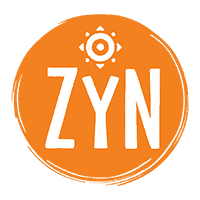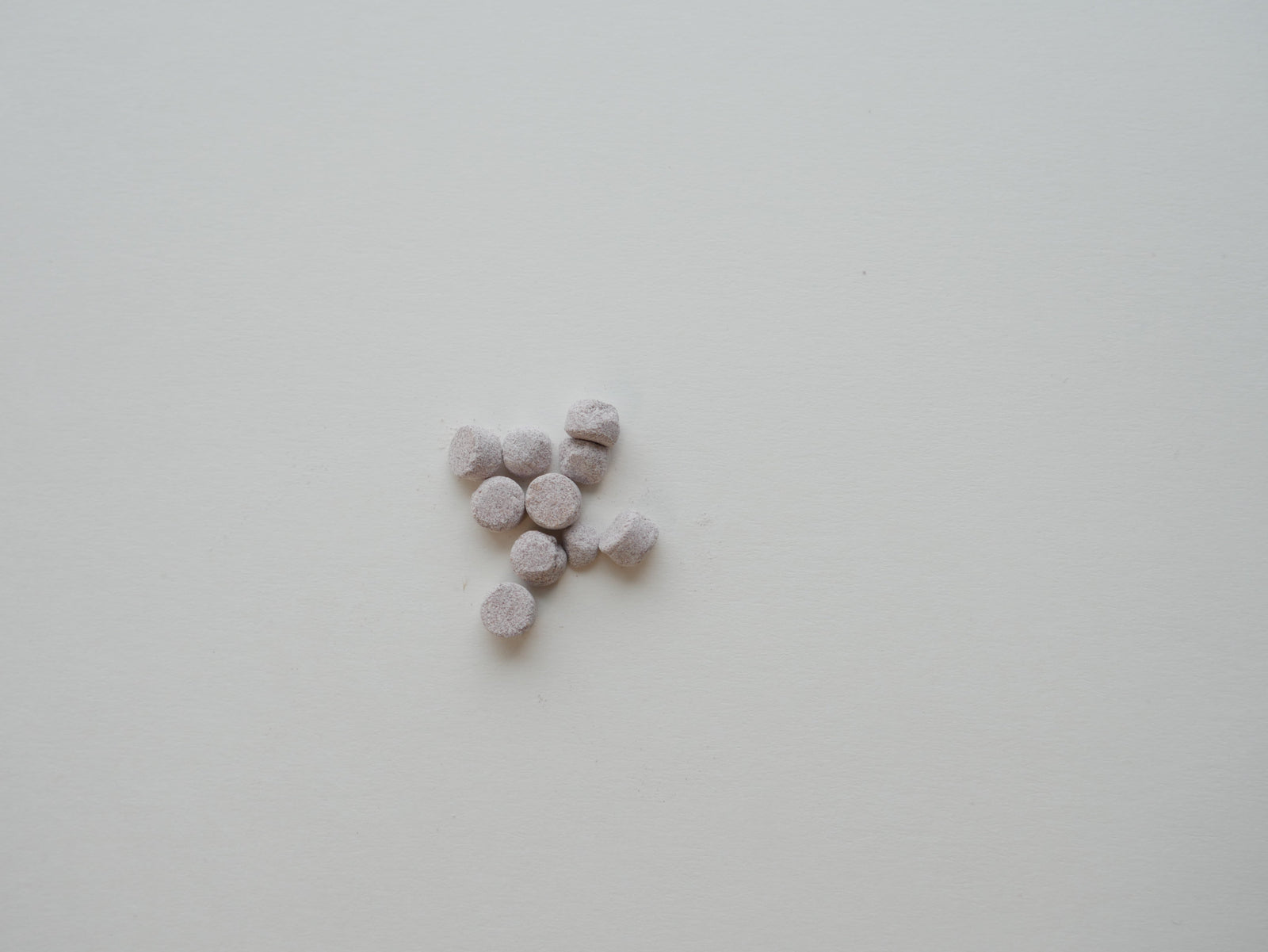Getting all the nutrients you need in your everyday diet is important. Vitamins and minerals serve dozens of purposes to keep your body healthy and strong. One of the minerals you need is zinc, which you can find in plenty of natural sources. The benefits of zinc are vital for your overall health — it's a key player in your metabolism, supports your immune system, helps put together genetic material and promotes healthy growth. It's even necessary for you to be able to taste and smell.
Zinc is a big deal. It's one of the most important minerals to consume each day because your body has no way to store it for later use. Not getting enough zinc can cause all sorts of issues. Thankfully, they're usually reversible. Learn about the symptoms and causes of zinc deficiency and how you can recover from it.
What Are the Signs of Zinc Deficiency?
Mineral and vitamin deficiencies can impact your health in complex ways. If your diet does not contain enough zinc, the effects can be serious. Children who lack zinc might experience slowed growth or delayed sexual maturity. Zinc deficiency in adults can cause a chain reaction of health concerns. When your body is lacking zinc, it will struggle to create healthy, new cells, causing many different issues. Some of the symptoms of zinc deficiency include:

- Weight loss
- Persistent wounds or open sores
- Impaired alertness and mental lethargy
- Lacking senses of smell and taste
- Diarrhea
- A loss of appetite
These symptoms are unpleasant at best. The same symptoms can be related to other medical concerns, so you should always see a doctor if you suspect you're lacking zinc. Your doctor can perform tests to discover the root issue.
How to Tell if You Suffer From Zinc Deficiency
Because zinc scatters in trace amounts throughout your body, it can be difficult to test whether or not you have enough. A simple blood test will not reveal a zinc shortage. Instead, your doctor will have to test your plasma. Plasma is the liquid portion of your blood — while it's mostly water, it also contains proteins, minerals, hormones and vitamins. It's the fluid that carries your red and white blood cells and platelets. It makes up about 55% of your blood content.
A plasma test is a little more complicated than a standard blood test. Your doctor will have to insert a needle in your vein and use a special machine to separate the plasma from the rest of the blood in a process called plasmapheresis. Once the plasma is by itself, your doctor can measure the amount of zinc in it. Your doctor may also check for zinc deficiency by analyzing a urine sample or a strand of your hair.
What Causes Zinc Deficiency?
Most of the time, the cause of a zinc deficiency is simple — your diet is not supplying your body with enough zinc. In some cases, however, you can develop a zinc deficiency because your body is failing to absorb zinc. If that's the case, it will not matter how much zinc you get from your food. Your doctor might perform other tests to see if absorption is the issue.
Who Is at Risk of a Zinc Deficiency?
Certain conditions and factors can make someone more likely to develop a zinc shortage. Malnourishment and certain illnesses are the most common causes. Some of the groups of people who have the highest risk of becoming zinc-deficient include the following:
1. Vegetarians
A major natural source of zinc is meat. Because vegetarians do not eat meat, they have to work a little harder to get enough zinc in their diet. In addition, some of the legumes and whole grains common in vegetarian diets can inhibit zinc absorption. To counteract these effects, a vegetarian can soak beans, grains and seeds for a few hours before cooking them. They can also eat leavened grain products, like bread, which are less likely to inhibit zinc absorption.
2. Pregnant and Lactating Women
A woman who is pregnant or lactating needs more nutrients than normal — a lot of her vitamins and minerals will go straight to the fetus or breast milk. It's important for her to supplement the number of nutrients she consumes every day.
3. Breastfed Older Infants
Breast milk might not provide enough zinc for an older infant nearing their first birthday. Since zinc is necessary for growth, it's vital to make sure young children get enough of it. Adding extra sources of zinc to a child's diet can help reverse growth failure.
4. Those With Sickle Cell Disease
Zinc deficiency is common in children and adults who have sickle cell disease. Sickle cell disease is a group of genetic disorders in which some of the body's red blood cells have a sickle-like shape. These deformed cells can clog blood flow and die early, causing a red blood cell shortage. It can contribute to other kinds of nutrient deficiencies, as well.
5. Those With Alcohol Use Disorders
An alcohol use disorder can also lead to a zinc shortage. Alcohol can keep your intestine from absorbing zinc and cause you to lose more zinc in your urine. Another issue is that those with alcohol use disorders rarely get enough nutrients from their diets.
How to Recover From Zinc Deficiency
As long as your zinc deficiency is not related to absorption, the solution is simple enough — eat more zinc. You can use multivitamin supplements for zinc deficiency treatment, but these can interfere with other medications. Another concern is over-consumption — some supplements may contain too much concentrated zinc, which can cause nausea, pain and other symptoms. It's best to consult with your doctor for recommendations to avoid over-consumption.
Natural Zinc Sources
Rather than taking a supplement, it's best to seek natural zinc sources if possible. Several different foods and drinks will help you increase your zinc intake. For instance, meat, mushrooms and kale contain naturally high levels of zinc. Other vegan-friendly zinc sources include squash seeds, pumpkin seeds, cashews, almonds and sunflower seeds.
Another way to get more zinc from your diet is to add ZYN Daily Wellness Drink Mixes. These portable drink mix packets are convenient — you can put one in your lunchbox or purse to enjoy a healthy beverage on the go. Along with their zinc content, ZYN drink mixes include vitamin C, vitamin D and CURCUMIN, the active ingredient in Turmeric. CURCUMIN has lots of potential short-term and long-term benefits to help make your body stronger and healthier.
Try ZYN for a Natural Source of Zinc
Meeting your nutritional needs can improve your quality of life, making your body stronger and more resilient. One of the most important minerals to include in your diet is zinc, which affects dozens of bodily processes. The zinc deficiency neurological and physical symptoms can make it difficult to go about everyday life.
If you're looking for tasty, natural sources of zinc, try ZYN drink mixes. With delicious flavors to choose from and plenty of nutrients in every packet, ZYN drink mixes can give you the boost you need. They're a great source of plant-based nutrition for your everyday diet. See for yourself! Browse ZYN drink mix options and buy online today.






